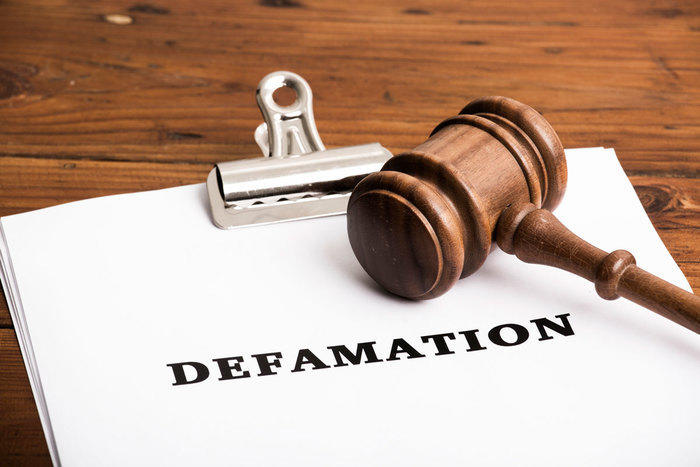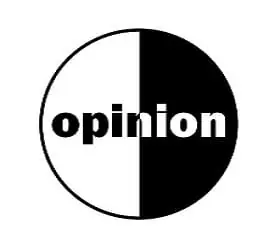It is my understanding that content creators and radio personnel are using the word “allegedly” or “people say” as a sort of blanket defence against defamation. A content maker, might say, “Allegedly John Sunset has raped his daughter”, and goes to bed to sleep quite calmly knowing oh too well that he has just fabricated a most horrendous lie against John Sunset, a local teacher. He sleeps calmly knowing there is absolutely no proof to support his statement and that the allegation has come from nowhere but his (the content creator’s ) mind, the sole intent of the statement was to deceive the public into thinking that the rape took place, to do nothing but defame John Sunset.
What many content creators fail to realize is that no court presided over by someone who is of sound legal mind is going to simply glance over someone’s attempt to defame another because he/she used the word ‘allegedly’, and here are a few reasons why:
1. Defamation, be it slander, or libel is a crime. Crimes could alter the lives of those involved (victims and aggressors) in catastrophic ways.
2. It is impossible for everything in a broadcast to be treated as an allegation. A court will examine whether the content provider was irresponsible in the broadcast, and was sharing damaging content so that his/her followers could believe the worst of someone as truth, and not as mere allegations to push further research. The blanket of “allegedly” does not protect the creator, when he/she spreads lies.
3. You have acted with malice. If you repeat a claim that is damaging, and are unable to provide any credible source that led to your claim, that is, you know what you have stated is false, and you say it to mislead people, “allegedly” will not protect you.
“Allegedly” could offer you protection under the law if:
- You clearly indicate that you have no way of knowing if your allegation is true.
- You give the sources of information used to make your allegation(s) and you do not present your allegation as a fact. You simply cannot present your allegations as if the person you have targeted is guilty.
As a responsible content creator ask yourself the following questions:
- Am I being malicious?
- Am I simply trying to sensationalize allegations?
- Is my only intent to hurt someone by defaming them?
- Could I cause damage to someone’s livelihood?
- Does my disclaimer make it clear that I am sharing information that has not been verified by a credible source?
- Is my content the truth?
Most lawyers will argue that truth will save you if sued for defamation, however in recent years there have been cases in which not even the truth was able to protect against being found guilty of defamation. Some jurisdictions may need more than the truth, you might just be asked to show why the public needed to know what you have disclosed. As Attorney-At-Law and Political Analyst G.A. Dwyer Astaphan cautions, the ‘truth’ on which you rely must be something you can introduce as evidence in court. A lost defamation lawsuit could force you to face civil and criminal penalties in some jurisdictions, so act responsibly.






